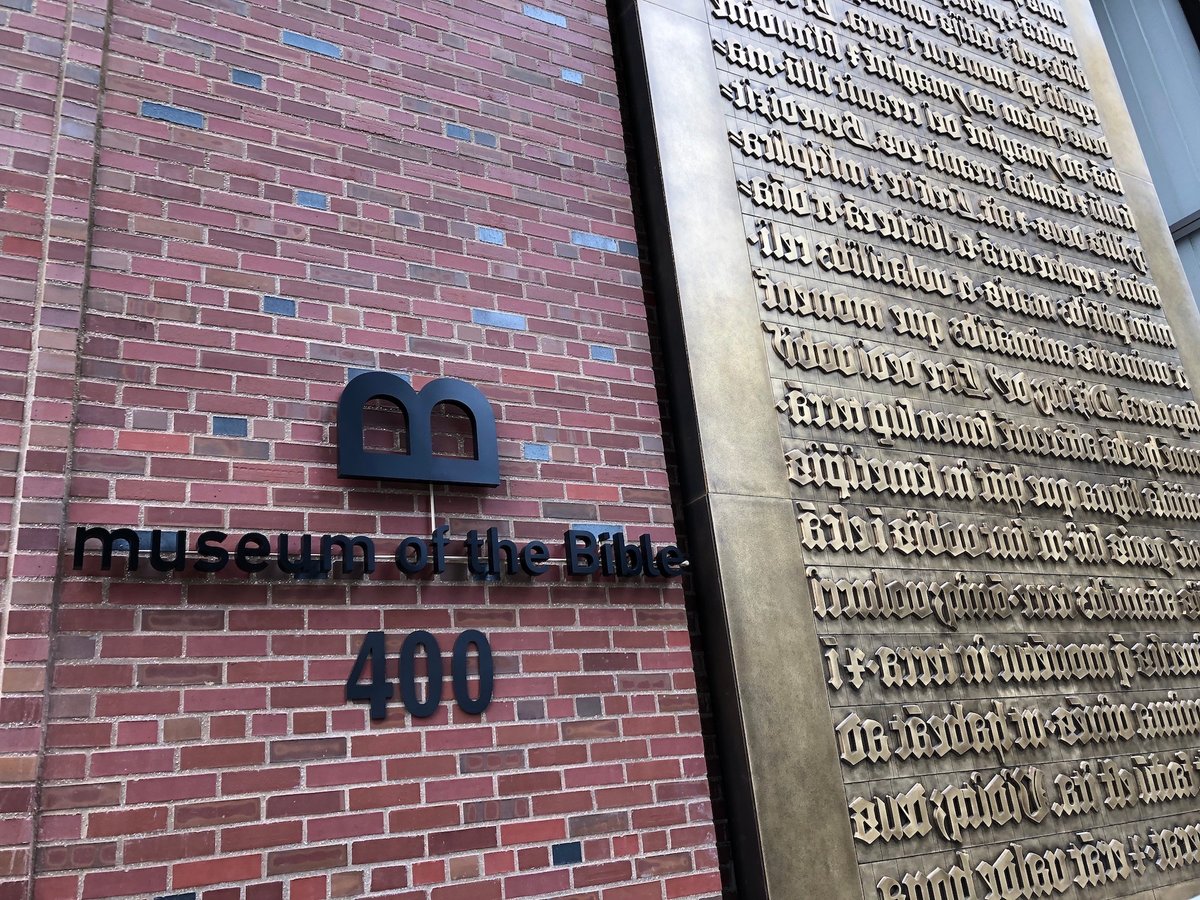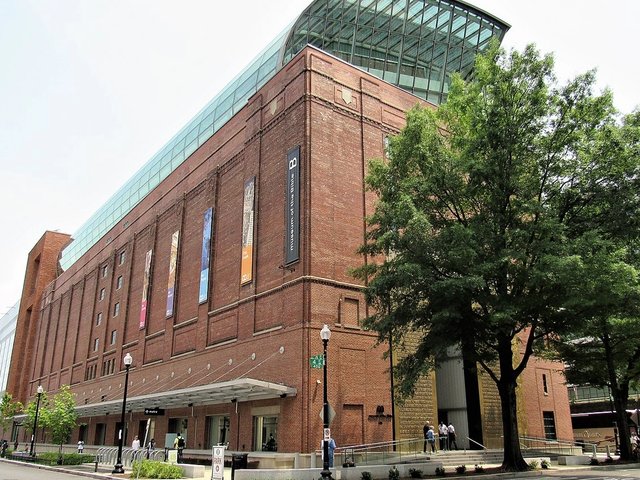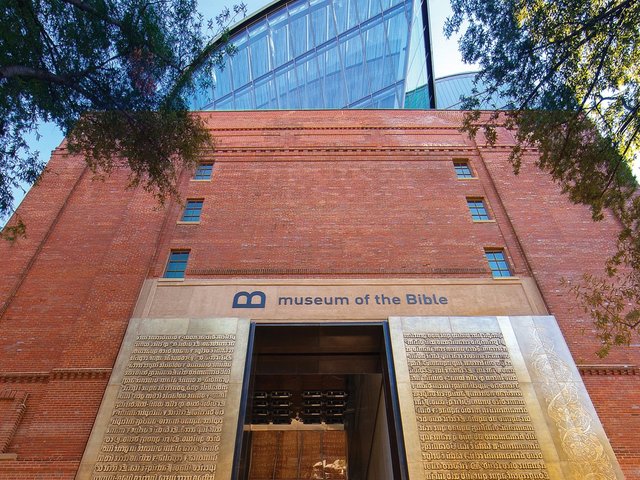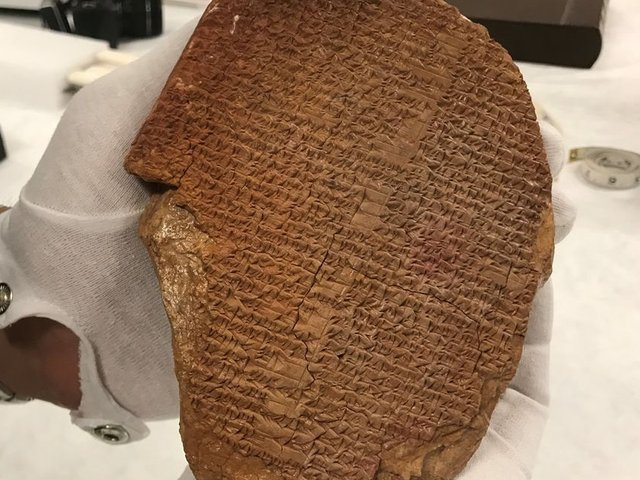A New York judge has granted a request by Hobby Lobby, the US chain of art and crafts materials stores, to transfer its case alleging Oxford-based scholar Dirk D. Obbink committed fraud and breach of contract to Oklahoma City, where the company is based. The lawsuit, filed in 2021, stems from seven sales of allegedly stolen fragments of ancient Egyptian papyrus by Obbink to Hobby Lobby—to be featured in the company’s Washington, DC institution, the Museum of the Bible (MOTB)—between 2010 and 2013, totalling $7.1m.
The first six of those sales went smoothly, with Hobby Lobby importing the papyrus fragments from Obbink. After the seventh sale, however, the company alleges that Obbink never provided the purchased fragments, four papyrus pieces of the New Testament Gospels. Following more than four years of communications back and forth between the parties, Hobby Lobby alleges that Obbink claimed he had “mistakenly” sold the fragments, which actually belonged to his employer, the non-profit Egypt Exploration Society (EES), which supports archaeological research in Egypt and Sudan.
After Hobby Lobby demanded Obbink return the $760,000 it had paid for the New Testament Gospel fragments, the scholar allegedly said he would have to sell items from his personal collection to repay the sum. Aside from a transfer of $10,000, Hobby Lobby says it never received any of the funds. Concurrently, representatives of the MOTB contacted EES and the two entities ultimately identified 32 papyrus fragments they claim Obbink stole from his employer to sell to Hobby Lobby.
The case had previously been handled by the US District Court for the eastern district of New York in Brooklyn. Hobby Lobby had filed a motion to have it relocated with the District Court for the western district of Oklahoma, in Oklahoma City, where the company is headquartered. A magistrate judge in New York granted the company’s motion, concurring with several arguments for the move, including “because the primary witnesses are Hobby Lobby employees who live and work in the Western District of Oklahoma”.
Hobby Lobby operates more than 900 art and craft supply stores around the US, generating $7.7bn in revenue last year. The company was founded in the early 1970s by chief executive David Green. He and his family are devoutly Christian, and spent an estimated $500m building and acquiring artefacts for the MOTB, an institution that opened in Washington, DC in 2017. The museum has been plagued with provenance and authenticity issues related to its artefacts, many of which it has had to relinquish—including, in 2019, the papyrus fragments it purchased from Obbink.
(Hobby Lobby famously prevailed in a case decided by the US Supreme Court in 2014, which allowed it to refuse to provide employees with certain reproductive health materials on the grounds that doing so went against the company’s religious beliefs.)





